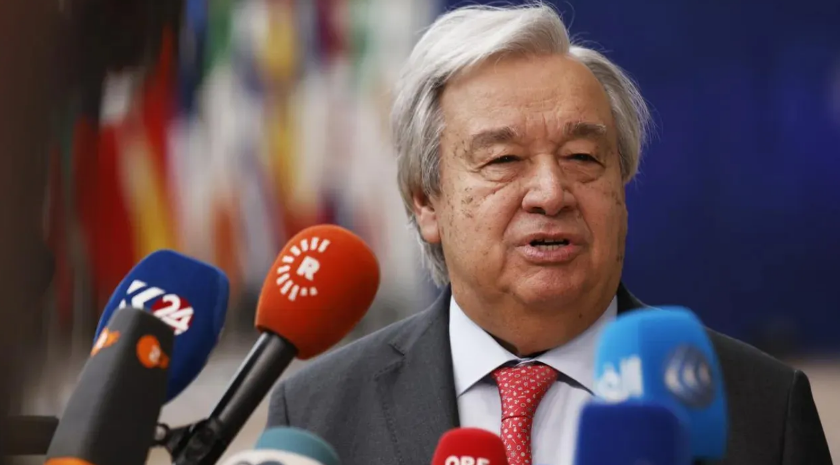New Delhi/Islamabad: Tensions between India and Pakistan, which had escalated sharply in recent days following the April 22 terror attack in Pahalgam that killed 26 civilians, have eased after both nations agreed to a ceasefire. The development comes in the aftermath of India’s retaliatory military operation, codenamed *Operation Sindhoor*, targeting key terrorist camps across the border, including in Pakistan-occupied Kashmir (PoK).
According to official sources, Indian forces successfully neutralized multiple terror infrastructure sites during the cross-border strike. Though Pakistan attempted retaliatory strikes, they reportedly failed to match India’s tactical and operational edge. The situation drew the attention of the international community, prompting the United States to intervene diplomatically.
Following the US mediation, both India and Pakistan consented to a ceasefire. The United Nations welcomed the development, with UN Secretary-General António Guterres issuing a formal statement.
“We welcome the decision by both nations to agree to a ceasefire. It is a significant step towards reducing tensions in the region,” Guterres said. “While we understand the emotional impact of the Pahalgam attack, military escalation is not a viable solution. We strongly condemn the attack and extend our condolences to the families of the victims. The perpetrators must be brought to justice under the rule of law.”
Guterres further emphasized that the UN remains committed to supporting all efforts aimed at maintaining peace and stability in South Asia. The ceasefire agreement has been widely seen as a crucial move to prevent further military escalation between the two nuclear-armed nations.






